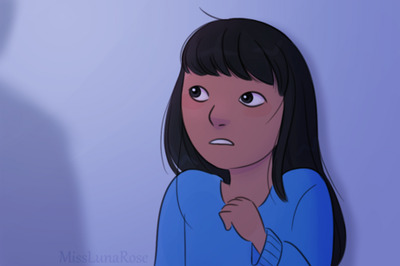
views
The office of the Indiana state veterinarian reported on August 29 that two Elkhart County horses were confirmed with the Eastern equine encephalitis (EEE). A mosquito-borne disease like malaria, dengue, chikungunya and zika, the EEE virus is a rare cause of brain infections (encephalitis) where approximately 30% of people with EEE die and many survivors have ongoing neurologic problems, says CDC.
According to a report in The Horse, the first horse, a 6-year-old gelding showed clinical signs of collapsing and contracting cast, lockjaw and seizures. Veterinarians euthanised the unvaccinated gelding and on August 23 it was confirmed that the horse had contracted EEE.
The second horse, a 3-year-old grade mare showed mild neurological signs, including seizures and thrashing. The mare, which too was unvaccinated had to be euthanised and was confirmed positive on August 27.
Notably, Eastern equine encephalomyelitis is caused by the Eastern equine encephalitis virus, for which wild birds are a natural reservoir.
Mosquitoes that feed on EEE-infected birds can transmit the virus to horses, humans or other birds.
Eastern equine encephalitis virus (EEEV) is a member of the genus Alphavirus, family Togaviridae.
Notably, the incubation period for EEE virus disease, according to CDC ranges from 4 to 10 days and can result in one of two types of illnesses, systemic or encephalitic.
Systemic infection has an abrupt onset and is characterized by chills, fever, malaise, arthralgia, and myalgia. While in infants, the encephalitic form is characterised by abrupt onset of the disease, in older children and adults, encephalitis is manifested after a few days of systemic illness. Signs and symptoms showcased by encephalitic patients include fever, headache, irritability, restlessness, anorexia, vomiting, diarrhea, cyanosis, convulsions and coma.
Notably, there is still no human vaccine against EEEV infection or specific antiviral treatment for clinical EEE infection is available. Patients should be evaluated by a doctor, undertake proper tests and get supportive treatment.
To prevent being infected with EEE virus, a few things that one should remember is to avoid mosquito bites by using mosquito-repellent, look for EPA-labeled products containing DEET, or oil of lemon eucalyptus, mosquito-proof homes and protect horses by using licenses EEE vaccines. Horses should be vaccinated at least annually.



















Comments
0 comment